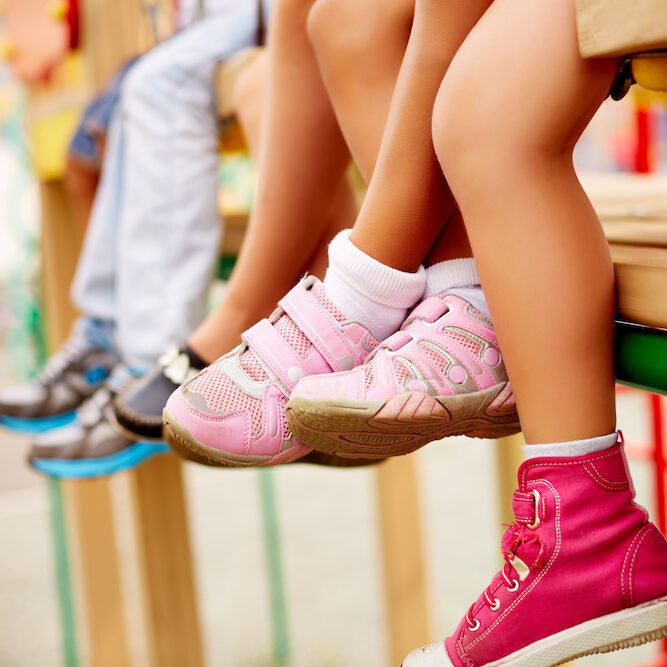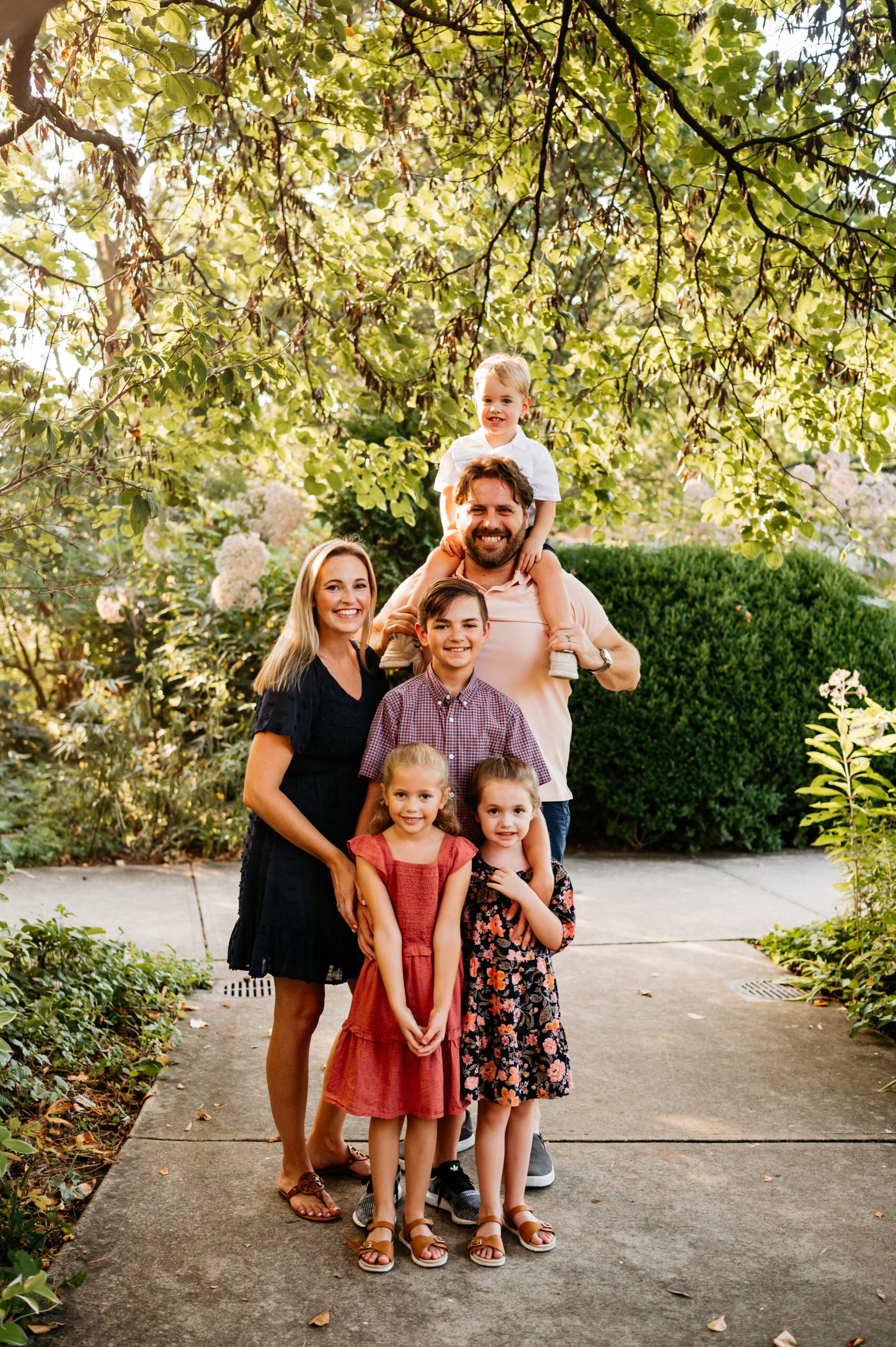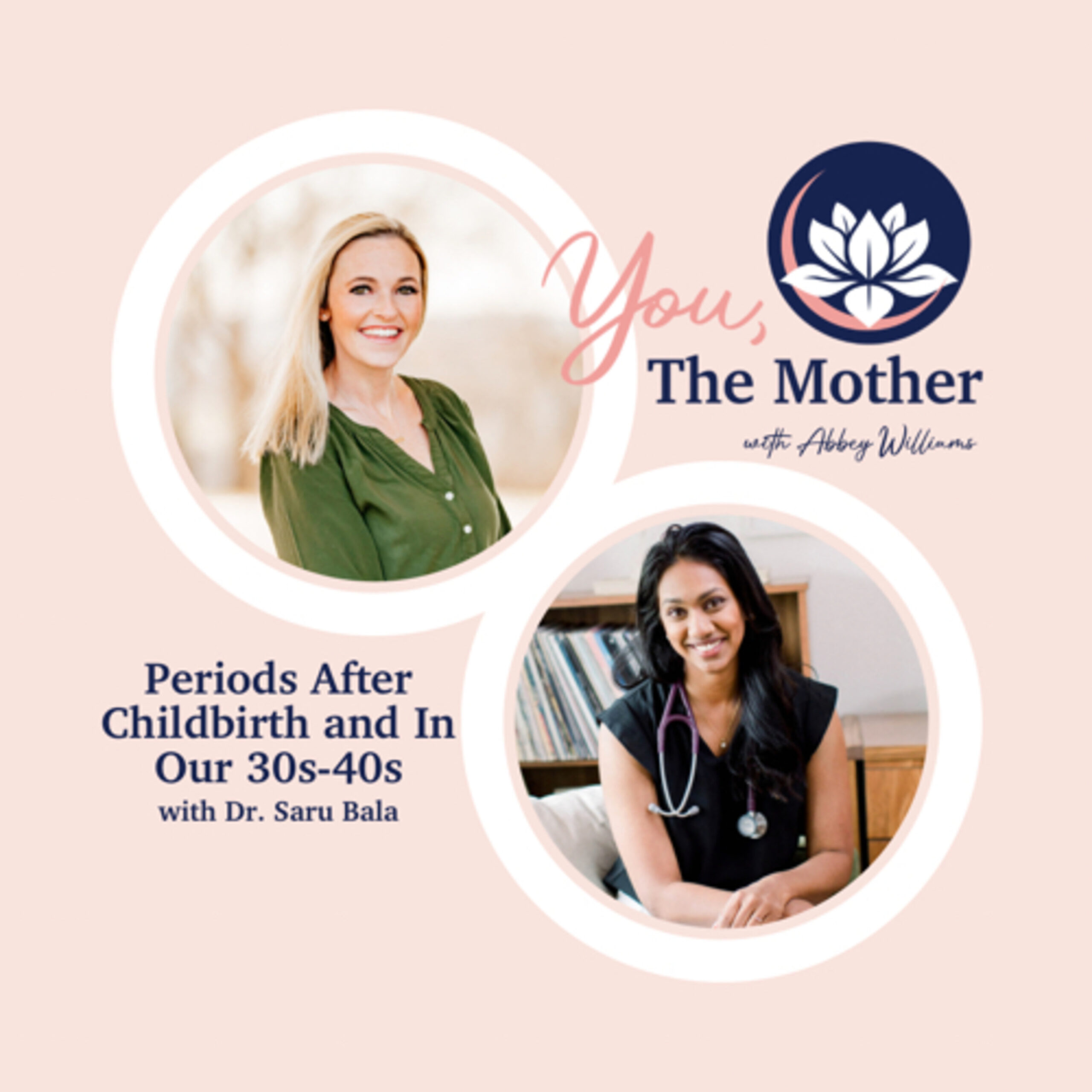The first relationship we, as humans, have in life hardwires the brain and establish a child’s inner self-talk. How one perceives the world and every relationship one will have for the rest of their lives will be impacted by this first relationship. This relationship is the foundation to our human experience.
THE PARENT-CHILD RELATIONSHIP
We can look at studies of attachment and bonding, and clearly see the correlation between a child who grows in safe, loving, and nurturing home and the child’s ability to have healthy self-awareness, eagerness to learn, empathy, and trust, according to Healthline.com.
Parents are a child’s first voice, and it’s important to be a good one.
Phrases children benefit hearing from their caregivers are:
1. I’m proud of you
Do not forget to tell your kids you are proud of them. Do it often. Let them know why. Be the one that lifts them up. There will be so many voices throughout their life that tears them down, that tell them why they can’t, and that fill them with doubt. A parent’s job is to lay the foundation to overcome these challenges by creating pathways to help the child know they can. Every child deserves someone on their side, someone to cheer them on, and someone to see their worth. Be the proud parent and wear it loudly.
2. I’m sorry
It is not reasonable to assume that one will be the perfect parent. We are all imperfect people, living in an imperfect world, and a great gift we can share with our little people is our humanness. To show up imperfectly but show up sincerely is an incredible parent. To show up, give it your all, and admit fault where fault lies. Parents often forget that they are coaches and teachers. The job of parenting is to teach, model, and practice appropriate interpersonal relationship skills. When I show up imperfectly in my relationships and when I come up short… I apologize. I laughed recently with my dad that I apologize to my children at least once a day. I have so many memories of him showing up imperfectly and apologizing. I look back on the healing that was able to happen and the lessons that were learned from his unwavering respect for me as a person. An apology is a true sign of valuing the other person. Do not ever get too big for your britches in your parenthood journey that you are unable to apologize. “I’m sorry,” is a powerful thing. “I’m sorry,” is a very human and very valuable life lesson to take away from one’s childhood experience.
3. I hear you
Every person on this planet wants to be seen, heard, and valued. Human relationships are an essential part of our human existence. From the moment we enter this world we are making sure we are heard. We are crying out to see if someone loving will be there.
A baby cries because they are hungry.
“Do you hear me? I’m hungry.” The baby is crying.
The mother scoops up her baby lovingly and begins feeding her baby. You are heard baby; your mother is here for you.
Toddlers let big emotions hang out all over the place in what we often refer to as tantrums. “Why must you fight me and throw a fit over everything,” the mother will think. But toddlers, like adults, want to be heard. Tantrums happen as a result of a lack of language and cognitive development needed to navigate how to communicate needs. Hearing your toddler and guiding them through their emotions translates into big people who know how to navigate their emotions later in life.
Hear your little people so they can grow into big people who aren’t fighting to be heard.
4. You do not have to be the best to do your best.
In our house we have a phrase we use a lot:
You do not have to be the best player on the field or the smartest kid in the classroom, but you do need to always try your hardest and be kind.
Perfectionism is a dangerous trap that is so easy to get sucked into today. Social media has amplified the perfectionism/comparison trap. Kids are picking up on this messaging earlier and earlier.
Ensure your child knows that they are perfect just being them. The world needs you just as you are.
5. I believe you
What an empowering phrase. When someone is expressing their feelings to you and they are getting vulnerable with you, rather than fixing or minimizing to tell someone that you believe them. Think about how we could change a generation with this phrase. If we believed people’s experiences when they told us rather than making assumptions or excuses, how much empathy and compassion could we bring into the world?
What else are we messaging when we tell our children that we believe them?
We are also telling them that: their voice matters, that we respect them, that they are worthy, and that we welcome them. This inclusion of children’s voices into our own heart, our homes, and our society is important.
Think back to the messaging you received as a child. You may have grown up in a nice home with a nice family, but were your emotions welcome? Were you safe to navigate how to process your feelings? Was your voice heard and believed? Did you have to fall in line to be a “good kid” or were you able to explore and be who you are with parents who were proud?
Sometimes reflecting to how we were raised can help guide us to forge a new path to build better parent-child relationships. A relationship that is so critical in laying the foundation to our interpersonal relationships that one will have for the rest of their life.
Invest in your children.
Invest in their inner self-talk.
Feed them words of kindness. Their adult selves will be better off for it.




